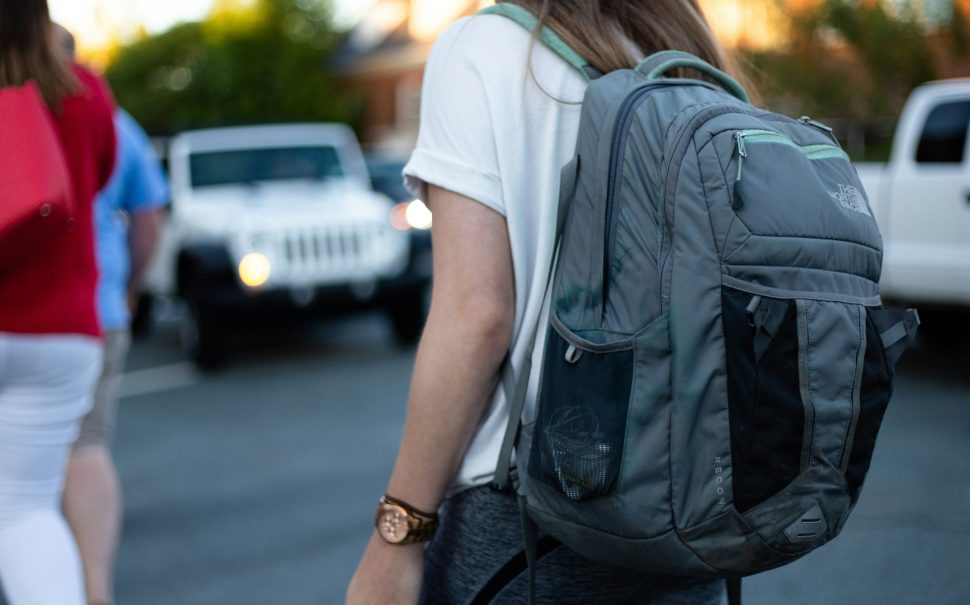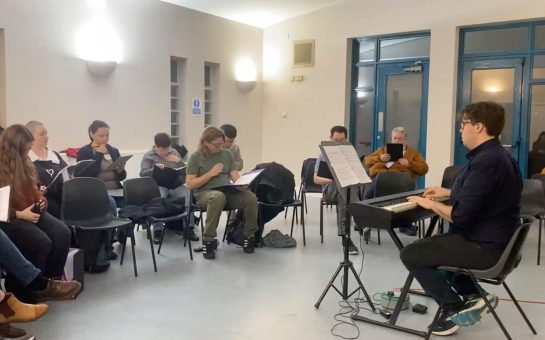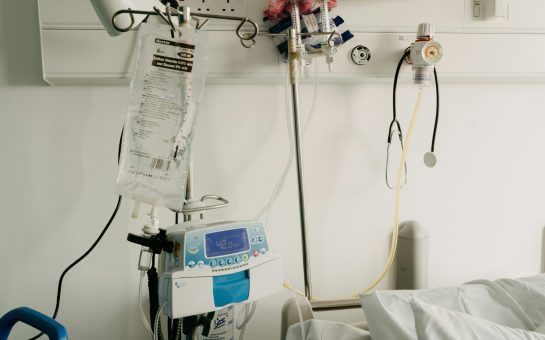The CEO of charity Comfort Cases UK has underlined the need to provides essential items for young people who are in or leaving the care system.
Comfort Cases offers a bag of bespoke belongings to children entering the care system, such as books and toys, blankets, toiletries, and even SIM cards.
The mission behind the charity is to help ensure that children have items that they can call their own, and to try and counter the negative impacts of children losing what is precious to them, often carted off in a black bin bag for efficiency purposes – which is why they use the #NoMoreBinsBags hashtag.
Comfort Cases CEO Sarah Jacoby said: “Comfort Cases UK focuses on belongings and ‘belonging’ and a key part of a young person’s identity and self-worth is through their school and work life.
“Comfort Cases UK encourages all children and young people to be treated with the dignity, value and love that every child deserves.”
There are some startling misconceptions about looked after children, one of which is that they are all the same, with similar experiences or behaviors.
It is, Jacobs explains, a mindset which detracts from the diversity of backgrounds, experiences and aspirations a looked-after child may have.
On this, Jacobs said: “[There is a stigma that] care kids are bad kids, from bad families, with bad parents.
“Children in care are victims of a life they were born into, and that is why Comfort Cases UK prioritises supporting their essential and comfort needs lovingly packed in a special bag for them to keep when they are removed from everything and everyone they know.”
Care-experienced children enter the system as a product of adult circumstances that they cannot control, so it is unfair to stigmatize their journey through care, making it harder than it already is.
Within London, the local offer – the package of support – given to care leavers varies immensely between local authorities, meaning it really is a postcode lottery for survival.
Jacobs said: “The lack of consistency in supporting children and young people between local authorities is vast.
“Leaving Care teams are either incredibly supportive, ordering our Comfort XL duffle bags regularly for belongings to be moved with dignity… or there is very little directly through the local authority which is picked up by charities and communities.
“There is increasingly less shame for care leavers to speak of their experiences publicly, and this in turn is helping to mold the type of support required.
“However, I would challenge the term ‘care leaver’ – should a child really ever leave the care of their parent, corporate parent, foster parent or otherwise?”
Alongside the care packages that Comfort Cases make, the organization is determined to also shine a spotlight on the need for policy improvements within children’s services across the country.
Jacobs said: “Many children are NEET (not in education, employment or training) due to frequent placement moves, special educational needs not being met, or trauma impacting their attendance, mental health and engagement.
“Our aim should be for more inclusivity, curiosity and empathy, rather than polarisation.
“From as young as 16, independent living and survival becomes a priority over education: universities with estranged and care leaver students need to consider a more holistic offer for young people without homes to encourage sign-ups and discourage drop-outs.
“Care leavers frequently say that job opportunities, educational success and life advancement feels unattainable because of who they are and where they come from, and barriers that seem insurmountable.”
According to Comfort Cases UK, four out of five children have said that their belongings are transported by bin bag as they move from home to home.
Comfort Cases volunteers fill rucksacks with goods, and these bespoke bags get distributed to the children who need them most with the help of over a hundred local authority teams, as well as NHS trusts and residential care homes.
Feature image: Free to use from Unsplash





Join the discussion